Experienced Immigration Lawyers in Houston
Consular Processing in Houston – Navigating the Path to Your U.S. Visa
At
GPV Immigration Law, we understand the complexities involved in
consular processing for various types of U.S. visas, including the
H1B visa. Whether you're facing
H1B consular processing due to an
H1B extension or need assistance with other immigrant visa matters, our team is here to guide you. Our experienced immigration attorneys provide personalized legal services to ensure a smooth process, whether you're applying for an
immigrant visa, going through a
visa interview, or handling the
consular processing timeline. Let us help you understand the requirements and resolve any challenges along the way.
4 Strong Statements About How Our Services Help:
- We help clients understand the intricacies of
consular processing for different visa categories, including
H1B consular processing and
green card processing.
- Our team assists with preparing all necessary documentation, such as the
immigrant visa petition,
visa application forms, and
supporting documents, ensuring everything is complete before submission.
- We explain the difference between
adjustment of status vs consular processing and offer guidance on whether
H1B change of status vs consular processing is the right path for you.
- Our attorneys represent clients in visa interviews and work with the consular officer to address any issues or delays, ensuring your immigrant visa processing goes smoothly.
What is Consular Processing and How Does It Work?
Consular processing is the procedure for obtaining a visa through a U.S. consulate in your home country. This process is often used by individuals who are outside the U.S. or are looking to adjust their status. In cases like the H1B visa consular processing, applicants must apply for their visa through a consulate, where they will submit forms and attend a visa interview with a consular officer. The goal is to ensure that you meet the necessary requirements for entering the United States and becoming a lawful permanent resident.
One common question we receive is, "why did my H1B extension go into consular processing?" This can occur if an applicant is outside the U.S. or if their change of status request was not granted. Understanding the
consular processing H1B situation and how it differs from
change of status vs consular processing can be confusing, but we work to clarify these options and ensure you are on the right track.
The consular processing timeline can vary depending on factors like your home country and the type of visa you're applying for. For instance, the visa bulletin plays a key role in determining when you can apply for a visa, especially for green cards. Our firm can help you navigate the processing times, providing realistic expectations and keeping you informed about every step. If you're dealing with CSPA consular processing or need assistance with the I-730 consular processing, we are here to guide you through each phase.
Frequently Asked Questions
What is consular processing?
Consular processing is the method of obtaining a U.S. visa through a consulate or embassy in your home country. It involves submitting necessary forms and documents, attending an interview with a consular officer, and waiting for visa approval.
How long does consular processing take?
The length of consular processing can vary depending on factors such as the type of visa, your home country's procedures, and visa processing times. On average, it may take several months to a year.
What is the difference between consular processing and adjustment of status?
Adjustment of status allows you to change your immigration status from within the U.S., while consular processing requires you to apply through a U.S. consulate in your home country. Each option has its own requirements and timelines.
What is the H1B consular processing timeline?
The H1B consular processing timeline depends on factors such as your home country's visa interview wait times and your specific case's complexity. It may take several months, and you should consult with an attorney to understand the expected timeline.
Do I need an attorney for consular processing?
While not required, working with a consular processing lawyer can help ensure that your application is properly prepared and increase your chances of approval. An attorney can also assist in addressing any issues that arise during the process.
Can I apply for a green card through consular processing?
Yes, you can apply for a green card through consular processing. This involves filing an immigrant visa petition, submitting supporting documents, and attending a visa interview at a U.S. consulate in your home country.
What happens after the consular interview?
After your visa interview, the consular officer will either approve or deny your visa application. If approved, you will receive your visa and instructions on how to enter the United States.
Can I travel during consular processing?
Traveling during consular processing can be tricky, as it may affect your application. Consult with an attorney before making any international travel plans to ensure your case is not negatively impacted.
